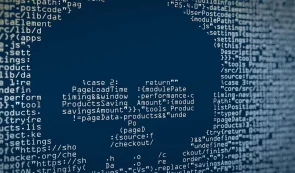Paris Court Clears Platypus Hackers: Decentralized Finance Faces Legal Grey Area

In a recent ruling by the Parisian court, individuals implicated in the Platypus hacking incident were acquitted, evading legal repercussions due to a surprising interpretation of French criminal law.
The court’s decision hinged on the notion that protocol hacks, despite their impact, did not expressly violate the boundaries set by French law, resulting in the exoneration of the accused hackers associated with the Platypus breach.
Platypus, a decentralized finance platform, was rocked by a substantial loss amounting to $9.03 million in a crypto pool, following the exploitation of a code glitch by an individual named Mohammed M. This allowed for the withdrawal of assets without providing any form of compensation.
Mohammed M. faced an array of charges including unauthorized access, operation of an automated data system, fraud, and money laundering. His brother, on the other hand, was implicated in the handling of stolen assets. Despite these charges, the case was ultimately dismissed by the presiding judge.
READ MORE: Inside Changpeng Zhao’s Crypto Journey: Risk, Reward, and Resilience
This incident serves as a stark reminder of the complexities and challenges prevalent in the decentralized finance sector, amplifying the ongoing struggle against vulnerabilities.
The significant financial setback suffered by Platypus underscores the critical need for enhanced security measures in an era where financial automation presents a double-edged sword of efficiency and risk.
With the industry constantly evolving, it becomes imperative for platforms to reinforce the integrity of smart contracts to mitigate potential exploitations and fortify the system against such breaches in the future.














